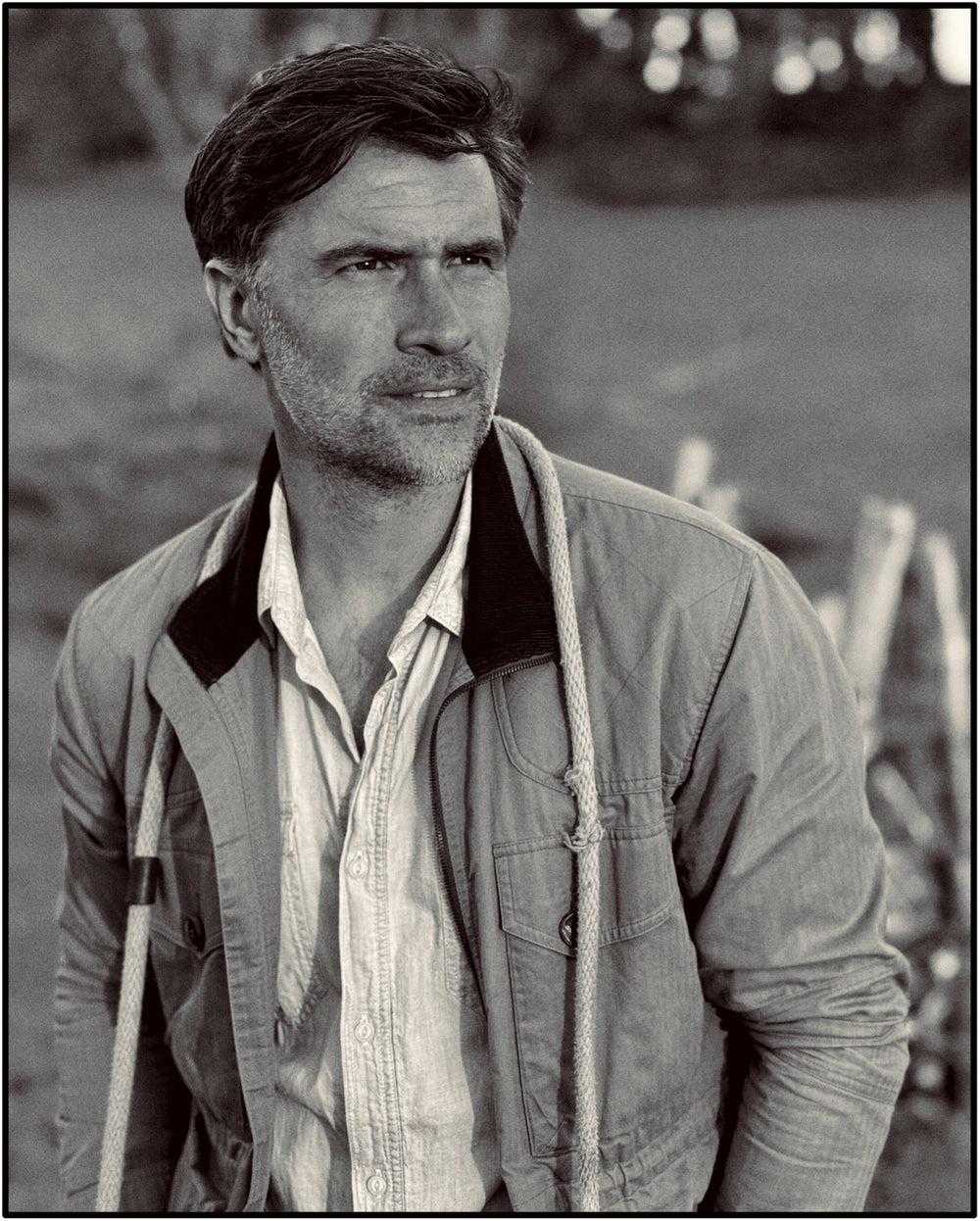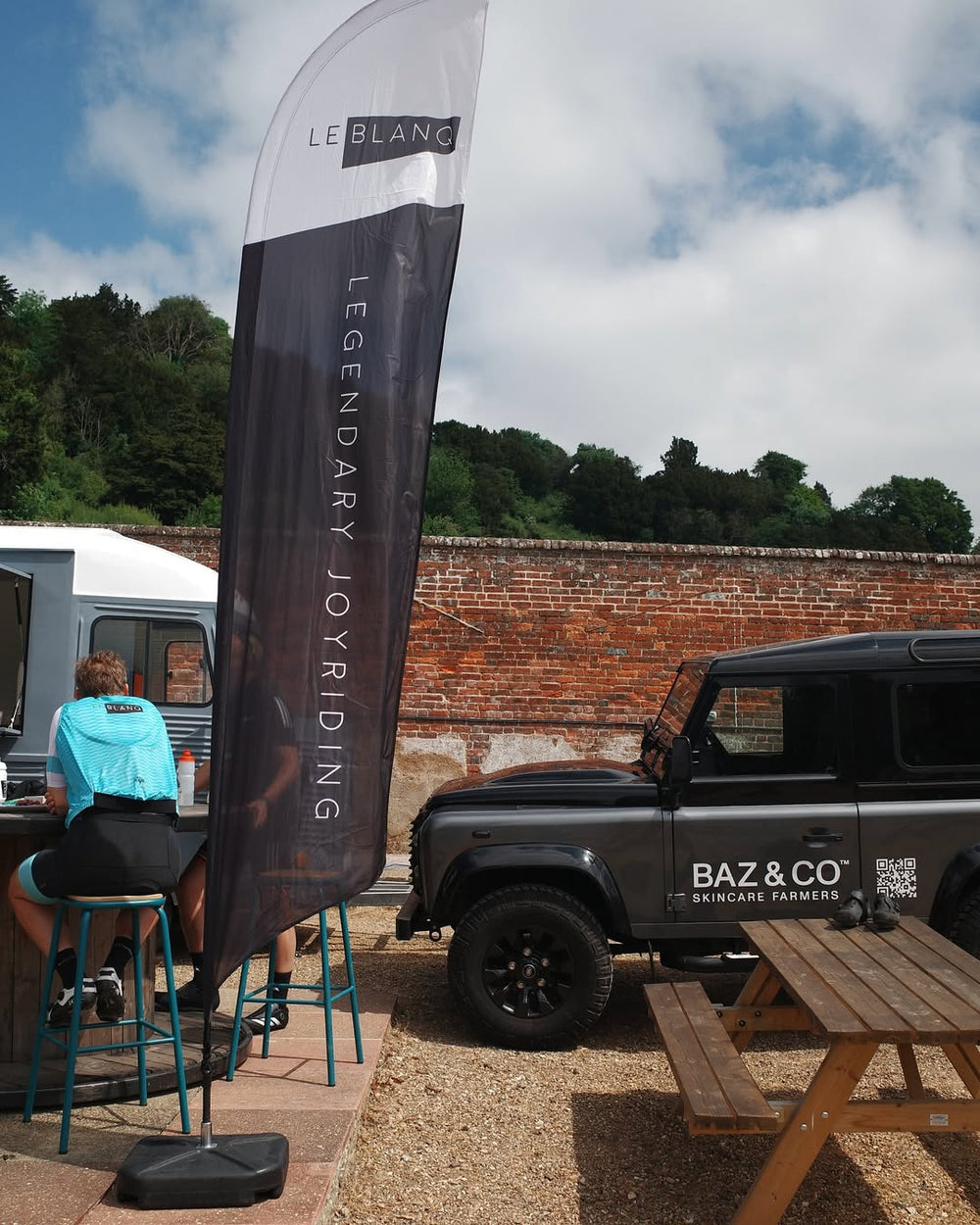Hi there,
With the Tour de France in full swing, I wanted to share my thoughts and experiences with you, highlighting the incredible dedication and resilience of the athletes participating in this iconic race.
For those who haven't seen it yet, I highly recommend watching Netflix's "Unchained." While I loved the glamour and style of "Drive to Survive," this up-close look at the Tour de France and its incredibly fit stars is truly something else. These athletes put their minds and bodies through immense sacrifice and pain in the hope of glory and, in most cases, to support the lead GC rider. The series follows the highs and lows, the mental agility needed to survive all 21 days travelling around the French countryside.
The 111th edition of the Tour de France began in Florence, Italy, on Saturday, June 29, and will conclude with a unique ride from Monaco to Nice later today. This year's unusual finish is making way for the upcoming Olympics in Paris.
The Tour de France has come a long way from its humble beginnings. In 1919, when the first post-war Tour was already six stages old, the yellow jersey was introduced to identify the race leader more easily. Fast forward 105 years and the yellow jersey remains the most significant symbol of cycling excellence.
This year, we witness a fierce battle between Tadej Pogačar and Jonas Vingegaard for the maillot jaune. Their rivalry brings a new level of excitement to the race. These riders live in close confinement for days, and hygiene is paramount to avoid colds and flu. Their diets are finely tuned, with riders reportedly consuming 5,000 and 8,000 calories daily, depending on the stage's demands. Dr James Morton, former Head of Nutrition for Team Sky, explains that flat stages generally require less energy than mountain stages and calorie intake is adjusted accordingly. Let's not forget coffee—an essential for any cyclist. Almost all team riders start their day with an espresso. Beyond being a quick pick-me-up, caffeine has been shown to help with endurance efforts, making it a vital part of their routine.

One of the most inspiring stories from this year's Tour is Mark Cavendish's remarkable comeback. After numerous ups and downs, Cavendish secured his 35th stage win, breaking Eddy Merckx's record. His journey is a testament to determination and strength of character. If you have yet to see the Netflix documentary about Cavendish, I highly recommend it. It captures his career's turbulence, triumphs, and everything in between.

Did you know the Tour de France covers approximately 3,500 kilometres annually? Riders average speeds of around 40 km/h, enduring gruelling mountain climbs and rapid descents. The longest Tour stage was in 1920, 482 km from Les Sables-d'Olonne to Bayonne. Modern stages are shorter but no less challenging, with the infamous Col de Tourmalet featuring regularly as one of the most challenging climbs.
Cycling has played a massive role in my life, helping me through the highs and lows. It has connected me with friends, boosted my mental health, gotten me into shape, and provided me with challenges to strive for. The sense of community and personal achievement I get from cycling is unparalleled.
On a personal note, I recently joined the Tour de France and took on the epic Col de Tourmalet with some good friends. Stopping just after the top after being pulled over by the gendarmerie, we had a brilliant spot. Being cheered on along the way up was incredibly emotional and showed just how hard these athletes work and how fit they really are. If you're into road cycling, I highly recommend this weekend.

Thank you for being part of the BAZ & CO community. Your support means the world to us.
Bye for now,
James




